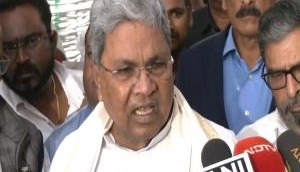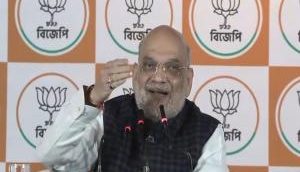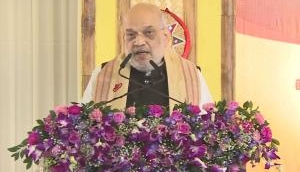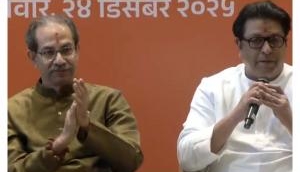
Chinese Foreign Minister Wang Yi visited all member states of the Association of Southeast Asian Nations (ASEAN) in recent months except Vietnam, South China Morning Post reported.
Observers believe that Wang skipping Vietnam is a result of "growing antagonism and tensions between the old Communist allies" over their South China Sea dispute, which have been compounded by the US factor and uncertainties over internal power politics in Hanoi.
Wang Yi wrapped up his latest trip to Southeast Asia on Saturday with an aim to stabilise relations in the region ahead of the inauguration of Joe Biden as the US President.
While ASEAN overtook the European Union as China's top trading partner last year, Vietnam replaced Germany as China's sixth-largest trading partner.
However, according to Zhang Mingliang, a Southeast Asian affairs expert at Jinan University in Guangzhou, Vietnam was the first ASEAN nation to move to reject Chinese telecoms giant Huawei Technologies and close its China border in the wake of the pandemic.
Unlike many ASEAN countries that have shown enthusiasm for Chinese-made Covid-19 vaccines, which have been the main feature of Wang's regional diplomacy, Vietnam has adopted a more diversified strategy in its negotiations of buying products from Britain, the US, Russia and China.
Apart from Vietnam's grievances over China's perceived bullying in the maritime dispute and the soaring anti-Chinese sentiments, the biggest variable in bilateral ties is the upcoming leadership transition in one of the world's most secretive political systems.
The 13th national congress of Vietnam's ruling Communist Party to be held later this month will decide the country's new leadership and how it will steer through the fast-changing regional geopolitics.
"The uncertainty of five-yearly leadership transition has thrown the already murky political situation in Vietnam into further doubt, posing unprecedented challenges to other countries in the region including China," Zhang said.
China and Vietnam have few top-level exchanges in recent month.
"I am not optimistic about bilateral ties because they will be shrouded in greater uncertainty amid policy debates over how Vietnam would position itself in the US-China rivalry. Vietnam's relations with China would largely be decided by its stance on the new US administration," Zhang said.
Xu Liping, a Southeast Asia specialist at the Chinese Academy of Social Sciences, also linked the lack of high-level meetings to Vietnam's domestic uncertainties.
"There are indeed some gaps between our expectations for bilateral ties and reality. But I still think both sides are likely to resume some sort of communications at the top level after the leadership transition," he said.
The United States has also tried hard in recent months to deeper its relationship with Vietnam. US US national security adviser Robert O'Brien and Secretary of State Mike Pompeo, made separate trips to Hanoi.
According to Xu, while it is understandable for Vietnam to count on the US and other regional powers, such as India and Japan, to counterbalance China in the South China Sea.
"Vietnam has become increasingly confident in recent years in forging closer ties with major powers around the world and its geopolitical significance has been widely acknowledged. But it may need to refrain from asking for too much from China in the maritime dispute because countries outside the region may not be able to contain China after all," he said.
(ANI)
Also Read: US led the world in exposing 'horrific' abuses in Xinjiang, says Pompeo







![BJP's Kapil Mishra recreates Shankar Mahadevan’s ‘Breathless’ song to highlight Delhi pollution [WATCH] BJP's Kapil Mishra recreates Shankar Mahadevan’s ‘Breathless’ song to highlight Delhi pollution [WATCH]](https://images.catchnews.com/upload/2022/11/03/kapil-mishra_240884_300x172.png)

![Anupam Kher shares pictures of his toned body on 67th birthday [MUST SEE] Anupam Kher shares pictures of his toned body on 67th birthday [MUST SEE]](https://images.catchnews.com/upload/2022/03/07/Anupam_kher_231145_300x172.jpg)






